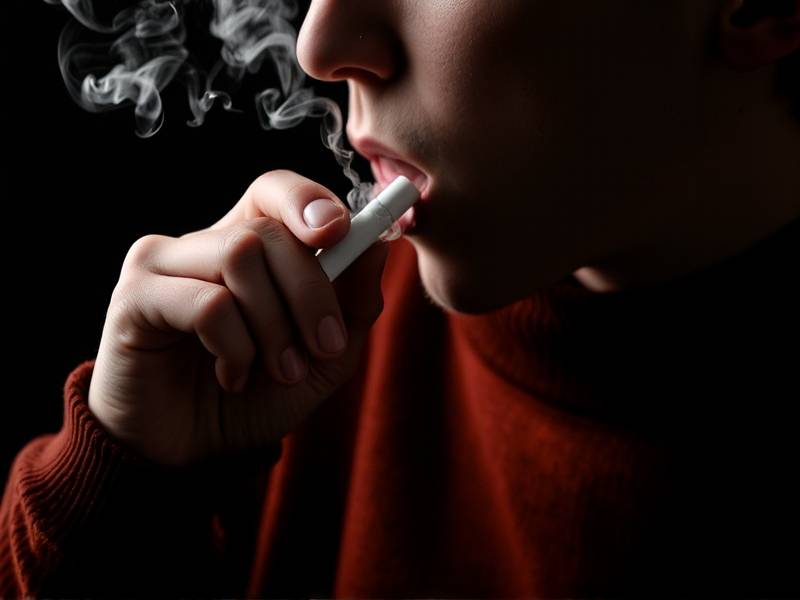What to Expect in the First 72 Hours of Quitting Smoking
Navigating the First 72 Hours of Your Smoking Quit Journey
Introduction: Embarking on the journey to quit smoking is a significant decision that requires both determination and knowledge. Understanding what to expect during the initial phase can greatly enhance your chances of success. This article will delve into the critical first 72 hours after you kick the habit, providing insights and practical tips to help you navigate this challenging yet transformative period.
Understanding Withdrawal

What is Withdrawal? Withdrawal symptoms occur when your body adjusts to functioning without nicotine. These symptoms can manifest in various ways, including physical, psychological, and emotional responses.

Physical Symptoms: During the first 72 hours, you may experience physical discomforts such as headaches, irritability, increased appetite, and restlessness. These symptoms are a sign that your body is adapting to the absence of nicotine.
Psychological Symptoms: Psychologically, you may feel anxious or irritable. Cravings for cigarettes can be intense and may lead to moments of frustration or temptation.
Emotional Symptoms: Emotional symptoms include mood swings and feelings of sadness or depression. It's important to recognize these changes as part of the withdrawal process.
How to Manage Withdrawal
Stay Hydrated: Drinking plenty of water can help alleviate some withdrawal symptoms like headaches and irritability.
Eat Healthy Snacks: Choose nutritious snacks that can provide energy without contributing to weight gain or blood sugar spikes.
Engage in Physical Activity: Exercise can help reduce withdrawal symptoms by releasing endorphins, which are natural mood lifters.
Seek Support: Connect with friends, family, or support groups who understand your journey. Sharing your experiences with others who have faced similar challenges can be incredibly empowering.
Mindfulness Techniques: Practicing mindfulness meditation or deep breathing exercises can help manage stress and reduce cravings.
The Role of Nicotine Replacement Therapy (NRT)
NRT products such as gum, patches, lozenges, inhalers, or nasal sprays can provide temporary relief from withdrawal symptoms by delivering small doses of nicotine without tobacco's harmful effects.
The Importance of Patience
It's crucial to remember that quitting smoking is not an overnight process. The first 72 hours are a critical time where patience and perseverance are key. It's normal for withdrawal symptoms to peak within this period before beginning to subside.
Conclusion:
The first 72 hours after quitting smoking mark the beginning of a new chapter in your life. While it's a challenging time filled with various physical and psychological adjustments, understanding what to expect can arm you with the knowledge needed for success. By adopting healthy coping strategies and seeking support when needed, you'll be well on your way to overcoming this initial phase and enjoying a smoke-free future.
